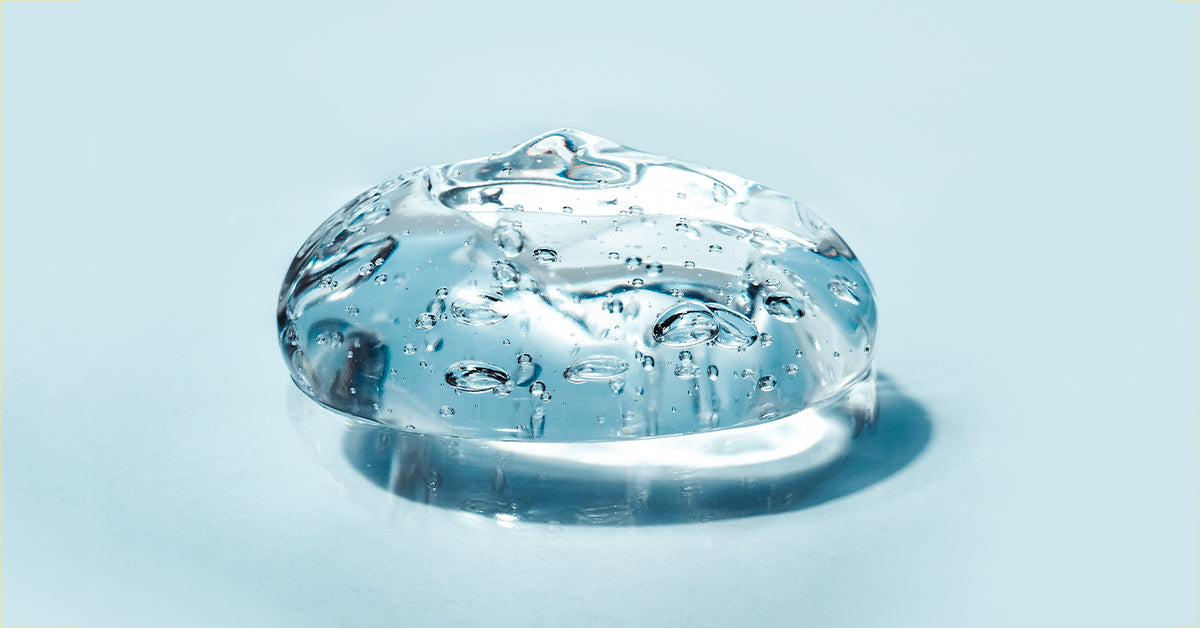The Power of Peptides
The development of potent cosmeceuticals has flourished over the past 20 years, illustrating the consumer’s demand for more effective skincare and anti-aging ingredients. Today, skincare enthusiasts are experts. With a wealth of knowledge at their fingertips, consumers are more educated than ever and are demanding the chicest anti-aging ingredient: peptides.
Both synthetic and naturally derived peptides are used across many industries and can be found in our cosmetics, food, and pharmaceuticals. In cosmetics, peptides are used as anti-aging ingredients capable of penetrating the skin and stimulating the production of collagen. In food, peptides are used in health and wellness formulas like protein powders, supplements, and collagen teas. In pharmaceuticals, peptides have been successfully used in vaccines, and as treatments for a variety of diseases such as diabetes and inflammatory bowel disease.
In the last five years alone more than 60 peptide drugs have been approved in the US and around the world for anti-aging, anti-inflammatory, and anti-microbial therapies. In skincare, peptides have proven to be one of the few ingredients capable of rewinding your skin’s biological clock.
What Are Peptides?
Peptides are biological molecules that are present in every cell in our body. Found in all living organisms, peptides are responsible for executing important biological processes in our cells. Peptides are short amino acid chains held together by a peptide bond. When these peptides organize into big, complex structures they become proteins. The function of a peptide is determined by both its amino acid sequence and peptide structure/shape. For a biological effect to occur, the peptide must bind to specific receptors in the membrane of relevant cells. Once bound, the peptide can exert its function, and activate the receptor.
Peptides can be isolated or synthesized from natural sources found in meat, eggs, oats, flaxseed, beans, and lentils. Peptides may also be synthesized in a lab to generate bio-identical peptides. Several clinical trials have confirmed the therapeutic benefits of peptides in skincare with no adverse effects.
Peptides in Your Skincare Routine
Peptides were first introduced into the cosmeceutical world in 1973. Since then, peptides have become more accessible and prevalent in skincare. Peptides are an excellent addition to any skincare regimen because they support specific physiological functions. Peptide-infused cosmetic products can be found in the form of serums, lotions, and creams. The basic types of skin-repairing peptides are:
- Neurotransmitter Inhibitor Peptides — Neurotransmitter inhibitor peptides function by inhibiting the release of acetylcholine at the neuromuscular junction. Neurotransmitter inhibitor peptide-infused skincare products are often referred to as ‘Botox in a bottle’ as these peptides are known for their skin smoothing properties. An example of a very popular neurotransmitter inhibitor peptide is Pentapeptide-18, which can be found in Collagenil’s Liftensive line.
- Carrier Peptides — The main function of a carrier peptide is to carry. Their importance lies in transporting trace elements (like copper and manganese) into the cells. Carrier peptides have essential roles in wound healing and skin repair.
- Signal Peptides — As our skin ages, we produce less extracellular matrix proteins. Signal peptides function by mimicking the signals that stimulate the production of extracellular matrix proteins like collagen, elastin, laminin, hyaluronic acid, growth factors, and more. The signal peptides essentially trick your skin into making more extracellular matrix proteins, and as a result, help rebalance aged skin. Acetyl Tetrapeptide-9, and Acetyl Tetrapeptide-11 are excellent signaling peptides and can be found in Collagenil’s Bio Longevity line. These peptides improve the appearance of aged skin by stimulating collagen synthesis.
- Enzyme Inhibitor Peptides — This peptide group works by directly or indirectly inhibiting an enzyme. Common examples are silk peptides, rice peptides and soy protein. By inhibiting these enzymatic functions, this group of peptides can alleviate skin pigmentation disorders by inhibiting the function of the enzyme tyrosinase.
 Peptides in Your Anti-Aging Skin Care Routine
Peptides in Your Anti-Aging Skin Care Routine
As we age it becomes increasingly important to find suitable actives for anti-aging. At Collagenil, we believe in developing powerful multi-ingredient skincare formulated with potent active ingredients. For this reason, our peptide-infused skincare contains more than one peptide, skin-loving humectants, and extracts to provide you with great skincare results.
Our Liftensive line is infused with Pentapeptide-18, a neurotransmitter inhibitor peptide that smooths wrinkles, and Acetyl Hexapeptide-8, a peptide known for its water-binding properties. The Acetyl Tetrapeptide-9 and Acetyl Tetrapeptide-11 found in our Bio Longevity line stimulate the production of extracellular matrix proteins like collagen and elastin. To complete your anti-aging skincare routine, we recommend combining peptides with other complementary ingredients like our hyaluronic acid gel.
